Circular Economy Compound Recycling 15-11-2021 - Arhive
Circular Economy Compound Recycling
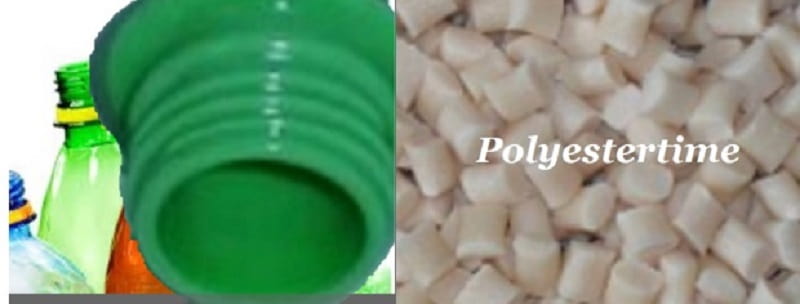
Crude Oil Prices Trend
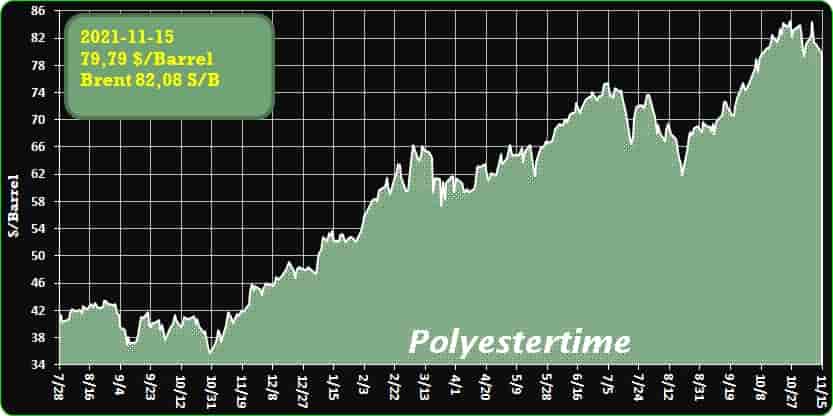
-Nine months of growth for Piovan
Revenues increased between January and September by + 38.5% to 211 million euros, with positive results in all activities and geographical areas.
The double-digit growth in sales and margins of the Piovan group in the first nine months of the year is confirmed, with positive results both in the Plastic and Food & Non-plastic segments, a trend shared in all geographic areas.
Consolidated revenues amounted to 210.9 million euros, compared to 152.3 million at 30 September 2020 (+ 38.5% and + 27.1% on a like-for-like basis and excluding some non-recurring items), which, however, had been affected by the restrictions on mobility linked to Covid 19. Ebitda increased in the same period from 20 to 30.9 million euros (+ 54.5% or + 32.4% on a like-for-like basis and conditions) , the operating result (Ebit) grew from 15.9 to 25.7 million (+ 61.1%), while the consolidated net result recorded an increase from 10.5 to 18.4 million euro.
Revenues from Systems for the Plastic Area grew between January and September by + 36.6% compared to the same period of the previous year, driven by marked growth in the packaging sectors (traditional and recycled) and in the goods sector. consumption.
Nicola Piovan “The results obtained in these first nine months of 2021 confirm a strong growth in sales volumes in line with the excellent trends of the previous months, with a substantial increase in margins which are reflected in a positive cash generation, a fundamental condition for consider any future aggregation processes “, commented Nicola Piovan, Executive President of the group. Circular Economy Compound Recycling
“We are proud of these results, also obtained with the continuous commitment in the field of sustainability and the circular economy, as certified by the achievement of the ESG rating by Sustainalytics – adds CEO Filippo Zuppichin -. The group has in addition, the ambition to be among the leading companies, worldwide, in the conversion to sustainable production and the circular economy in the field of plastic polymer products “.
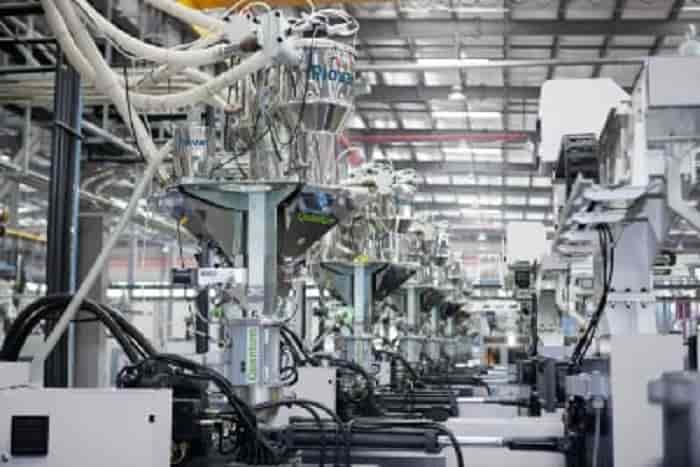
-AmCham China members to promote tie-ups between Chinese, US firms
Member companies of the American Chamber of Commerce in China (AmCham China) will promote collaboration between Chinese and US firms and help US companies further integrate into local supply chains to expand their presence in the Asian giant, according to chamber chairman Greg Gilligan, who said member companies will be encouraged to build more partnerships with China’s small and medium enterprises.
“We should not allow a trend toward partial decoupling to become broad decoupling. We believe business and government need to work closely to keep the lanes for commerce and trade as broad as possible,” Gilligan said.
Chinese and US firms should utilise the ample room available for collaboration in future, particularly in the fields of supply chain development and green industries, say US business leaders.
US companies operating in China will receive guidance on how to further involve in the dual-circulation development paradigm and promote sustainable development as outlined in China’s 14th Five-Year Plan (2021-25).
Under the dual-circulation model, the domestic market is the mainstay while the domestic and foreign markets reinforce each other, according to a report in an official Chinese media outlet.
Foreign trade between China and the United States increased by 23.4 per cent year on year to 3.95 trillion yuan ($618.2 billion) from January to October this year, accounting for 12.5 per cent of China’s total volume of exports and imports, data from the General Administration of Customs showed.

-Licensed green ethylene
Braskem and Lummus are considering a partnership in the field of bioethanol to ethylene conversion technologies. Circular Economy Compound Recycling
Braskem and Lummus have signed a memorandum of understanding for the licensing of the technology of the Brazilian group relating to the production of ethylene from bioethanol, destined for two new plants that could be built one in North America, the other in Asia.
This process technology has been successfully used for over a decade in the Braskem pole of Triunfo, Brazil, for the production of biobased ethylene for the subsequent synthesis of polyethylene and derivatives (EVA).
Using their respective knowledge, on the basis of a long-term licensing agreement under discussion, the two partners aim to disseminate technologies for the production of low-carbon biopolymers, contributing to the fight against climate change through the conversion of circular carbon in plastics, as an alternative to using petroleum.
“The collaboration with Braskem is a fundamental element to consolidate Lummmus’ technological leadership in the energy transition – explains Leon de Bruyn, CEO of Lummus Technology -. As the world’s leading supplier of ethylene technologies, we are confident in the green solutions that we will be able to achieve. able to develop together with Braskem, the world’s largest producer of biopolymers “.
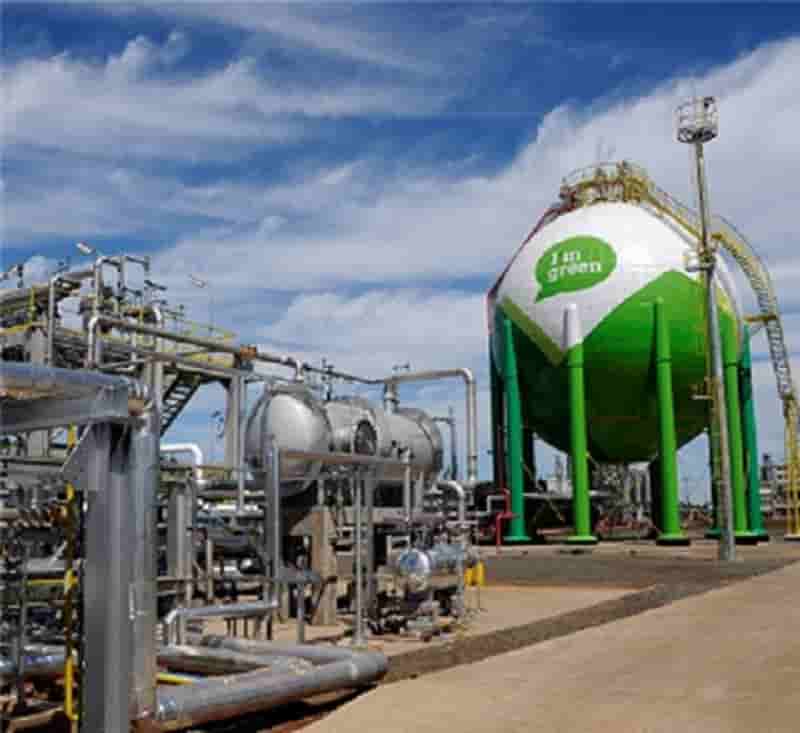
-LanzaTech launches PET bottles made from recycled carbon
LanzaTech announced that Switzerland’s largest retail company, Migros, is producing the world’s first bottle with PET made from captured carbon emissions that would otherwise be released into the atmosphere as CO2. Polyethylene terephthalate, or PET, is a polyester molded into plastic bottles and containers for packaging foods and beverages, personal care products, and many other consumer products.
In 2020, Migros, and its subsidiary, Mibelle Group, launched a range of liquid cleaning products containing LanzaTech CarbonSmart Ethanol as part of Migros Plus Oeco Power and Potz cleaning ranges. These products can be bought in Migros supermarkets in Switzerland. Today sees wider product ranges embracing recycled carbon, this time with packaging. Bottles for smoothies, juices, and household cleaner will be housed in bottled made from PET produced from CO2. Bottles for mouth wash and liquid soaps will be added to the range later. Circular Economy Compound Recycling
The bottles contain up to 30% PET obtained from CO2 (with Mass Balance), replacing virgin PET typically obtained from petroleum. The CarbonSmart Ethanol is produced from recycled carbon emissions from the production of steel. This approach produces packaging that meets food and pharmaceutical specifications and reduces greenhouse gas emissions, keeps fossil resources in the ground, protects biodiversity, and does not require land or food resources.
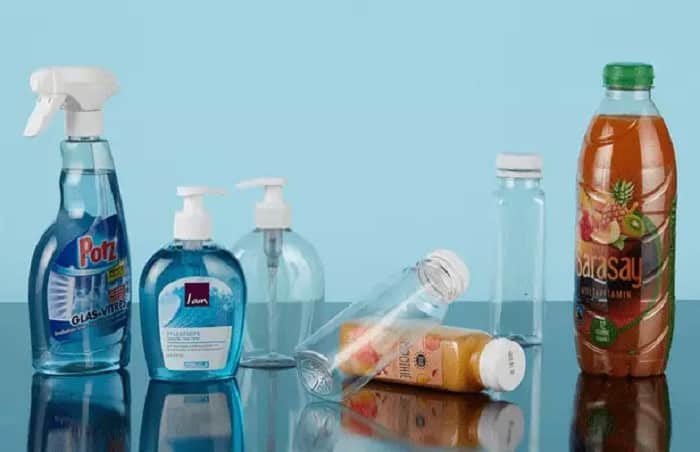
-Newly developed compound may enable sustainable, cost-effective, large-scale energy storage
To produce a cost-effective redox flow battery, researchers based at the South China University of Technology have synthesized a molecular compound that serves as a low-cost electrolyte, enabling a stable flow battery that retains 99.98% capacity per cycle. They published their approach on August 14 in the Energy Material Advances.
Comprising two tanks of opposing liquid electrolytes, the battery pumps the positive and negative liquids along a membrane separator sandwiched between electrodes, facilitating ion exchanges to produce energy. Significant work has been dedicated to developing the negative electrolyte liquid, while the positive electrolyte liquid has received less attention, according to corresponding author Zhenxing Liang, professor in the Key Laboratory of Fuel Cell Technology of Guangdong Province, School of Chemistry and Chemical Engineering, South China University of Technology. Circular Economy Compound Recycling
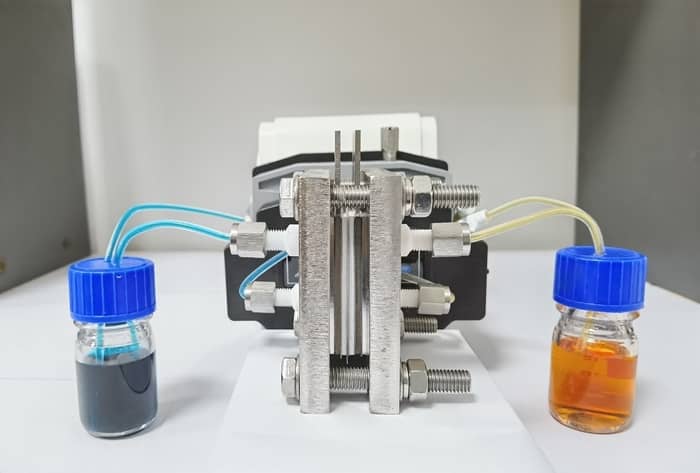
-‘Green hydrogen now cheaper to produce than grey H2 across Europe due to high fossil gas prices’
Calculations by analyst ICIS challenge the assumption that low-carbon blue hydrogen derived from methane with CCS will be cheaper than renewable H2
The recent spike in European natural gas prices means that green hydrogen derived from renewable energy is currently cheaper to produce than highly polluting grey H2 from unabated methane.
According to calculations by London-based analyst ICIS, the price of producing grey hydrogen in the UK has been higher than green H2 since mid-September — with the former reaching a high of almost £6 ($8) per kg in early October (up from £1.43 in April).
By contrast, the price of green hydrogen under a renewable-energy power-purchase agreement (PPA) of £45/kWh has remained at a constant £3.39/kg. On 8 November, the price of grey H2 was placed at £4.16/kg, according to ICIS figures — just under 20% more expensive. Circular Economy Compound Recycling
“The price correlation shown for the UK would also apply to Europe,” ICIS hydrogen editor Jake Stones tells Recharge. “Gas and power prices have surged across the continent, therefore any PPA-derived hydrogen around the region we modelled would likely be competitive now.”
Because wind and solar power tends to be bought under PPAs, rather than sold on wholesale markets, the price of renewable energy has largely been unaffected by the gas-induced increase in wholesale power prices across Europe. To highlight this, ICIS points out that electrolytic hydrogen derived from grid electricity at wholesale market prices would today cost £11.60 per kilogram — up from £4 in April.
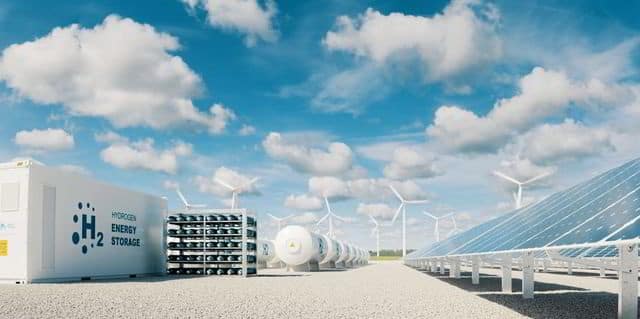
-Europe chemicals output rises as wider industrial production softens
Chemicals production in Europe largely increased in September compared with the previous month, according to the latest data released from the EU’s statistical agency Eurostat on Friday.
Demand for raw materials and intermediate products has sustained activity in the chemicals industry, as perpetual bottlenecks and soaring energy costs have weighed on the manufacturing sector overall.
All but Spain of the key economies marked an increase in output, but the rate of growth varied between regions. Circular Economy Compound Recycling
The chemicals sector was stronger than the reading for overall industrial production in September, which fell by 0.2% in the eurozone and by 0.5% in the EU compared with August.
Although output fell, the rate of decline eased compared with August, when industrial production fell in the eurozone and wider EU by 1.7% and 1.5% respectively. 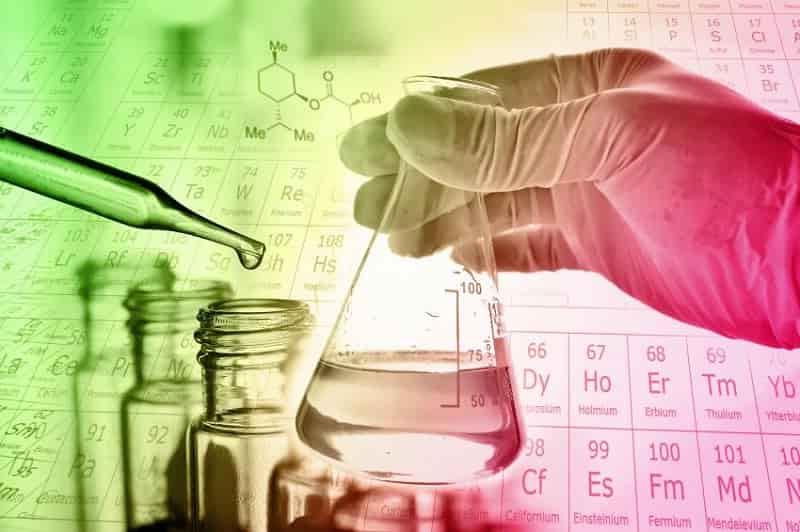
Circular Economy Compound Recycling
